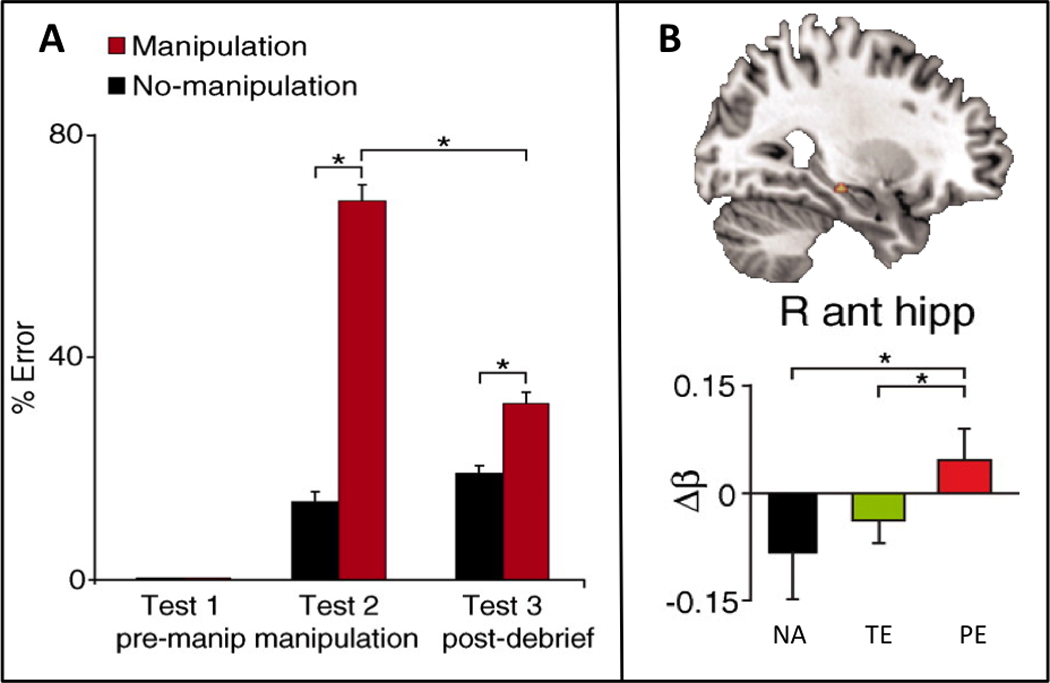Figure 1. Updating memory with misleading information.

(A) Participants initially viewed a movie in a group setting and then answered questions about the movie in an individual setting on an initial test (test 1, pre-manipulation), during functional MRI scanning with a social conformity manipulation (test 2, manipulation), and on a final memory test (test 3, post-debriefing). There were few errors on the initial memory test. However, on test 2 there were more errors on trials paired with fabricated answers by co-observers (manipulation, red bars) compared to trials paired with no-answers (no-manipulation, black bars), reflecting the influence of social conformity on responding. The conformity effects persisted on the final memory test, despite warnings in de-briefing that the answers provided on test 2 were randomly generated and untrustworthy. (B) Persistent memory errors were associated with greater recruitment of bilateral medial temporal lobe (right anterior hippocampus shown) compared with no-answer trials (NA) or transient error trials (TE) in which participants corrected their answers on the final memory test. Thus, only misinformation leading to persistent false memories resulted in updating of the existing memory representation via additional encoding mechanisms. Adapted from Edelson et al. [65].
